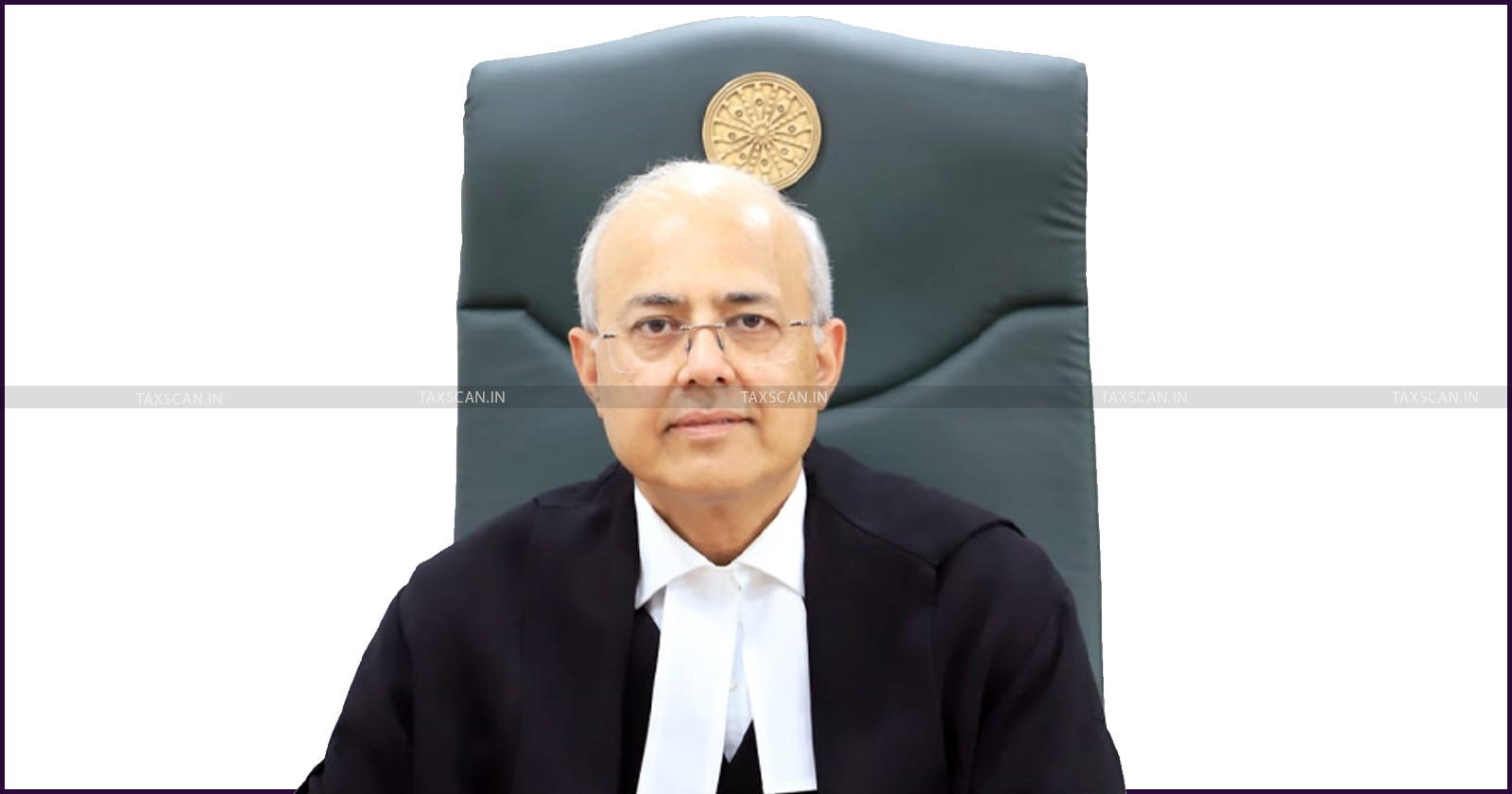SC Collegium Proposes Delhi HC CJ Manmohan, Tax Bench Expert, as Supreme Court Judge
SC Collegium Proposes Delhi HC CJ Manmohan, Tax Bench Expert, as Supreme Court Judge

Delhi High Court Chief Justice Manmohan, a renowned tax bench veteran, has been elevated to the Supreme Court of India. The Supreme Court Collegium, led by Chief Justice of India Sanjiv Khanna and comprising Justices B.R. Gavai, Surya Kant, Hrishikesh Roy, and A.S. Oka unanimously recommended his appointment during a meeting on Thursday.
Justice Manmohan’s elevation comes just 20 days before his retirement as a High Court judge on December 16, 2024. His tenure in the Supreme Court is expected to span over three years.
Justice Manmohan is a graduate in history from Hindu College and a law graduate from the Campus Law Centre, Delhi University, he was designated as a senior advocate in January 2003.
Boost Your Business with SME IPO Funding Strategies - Enroll Now
He is known for his expertise in taxation, and began his legal career as a junior to senior advocate Kapil Sibal. Over the years, he handled prominent cases, including the TADA cases.
Appointed as a Delhi High Court judge on March 13, 2008, he became the Acting Chief Justice on November 9, 2023, and formally assumed the role of Chief Justice on September 29, 2024. He ranks second in the combined all-India seniority list of High Court judges.
Notable Tax Judgments of Justice Manmohan
Justice Manmohan, a renowned tax bench expert, has delivered several key judgments in taxation matters during his tenure at the Delhi High Court. Here are some key rulings:
1. No Relief to Uber & Ibibo: GST Levy on Auto Rickshaw and Bus Bookings via ECO Upheld
In a notable decision, the Delhi High Court bench comprising Justice Manmohan and Justice Manmeet Pritam Singh Arora validated notifications withdrawing GST exemptions for Electronic Commerce Operators (ECOs) like Uber and Ibibo. The Court ruled that levying GST on fares for non-air-conditioned stage carriage tickets booked through electronic platforms is neither discriminatory nor violative of any provisions.
Boost Your Business with SME IPO Funding Strategies - Enroll Now
2. Tax Dues Under SVLDRS Cannot Exceed Amount Confirmed by Central Excise Department: Justice Manmohan, along with Justice Arora, held that under the Sabka Vishwas (Legacy Dispute Resolution) Scheme, 2019 (SVLDRS), tax dues cannot exceed the amount confirmed by the Central Excise Department. In this case, the bench emphasized that during de novo proceedings, the Show Cause Notice (SCN) survives solely for adjudicating the tax dues, amounting to ₹1,11,35,419, as confirmed by the department.
3. High Court Can't Decide Taxability of Payments Pending Before Supreme Court: In another important ruling, Justice Manmohan and Justice Arora clarified that the Delhi High Court lacks jurisdiction to decide on the taxability of payments received from Indian customers for centralized services when the matter is already under appeal before the Supreme Court.
Boost Your Business with SME IPO Funding Strategies - Enroll Now
The judgment cited the case of Sheraton International Inc., asserting that no distinction had been made by the Revenue to differentiate the facts of the case. While dismissing the petition, the Court noted that the pending Supreme Court appeal did not come with a stay on the High Court’s earlier judgment, thereby leaving the precedent intact.
Support our journalism by subscribing to Taxscan premium. Follow us on Telegram for quick updates


